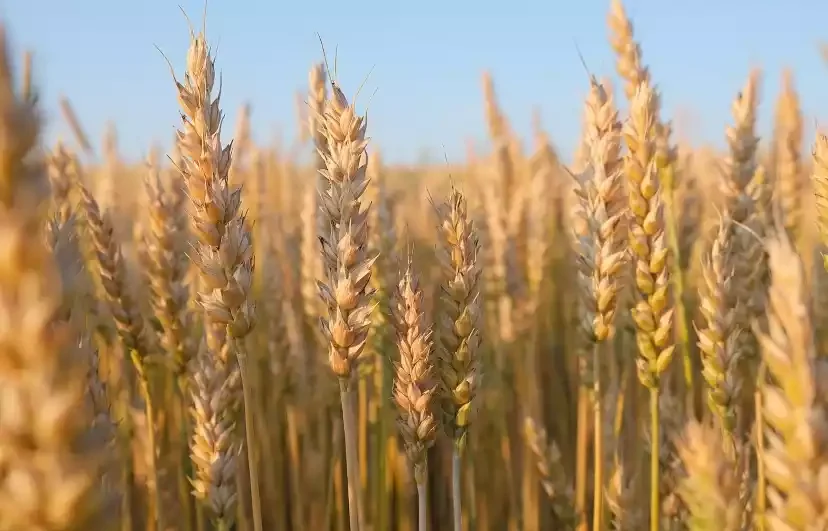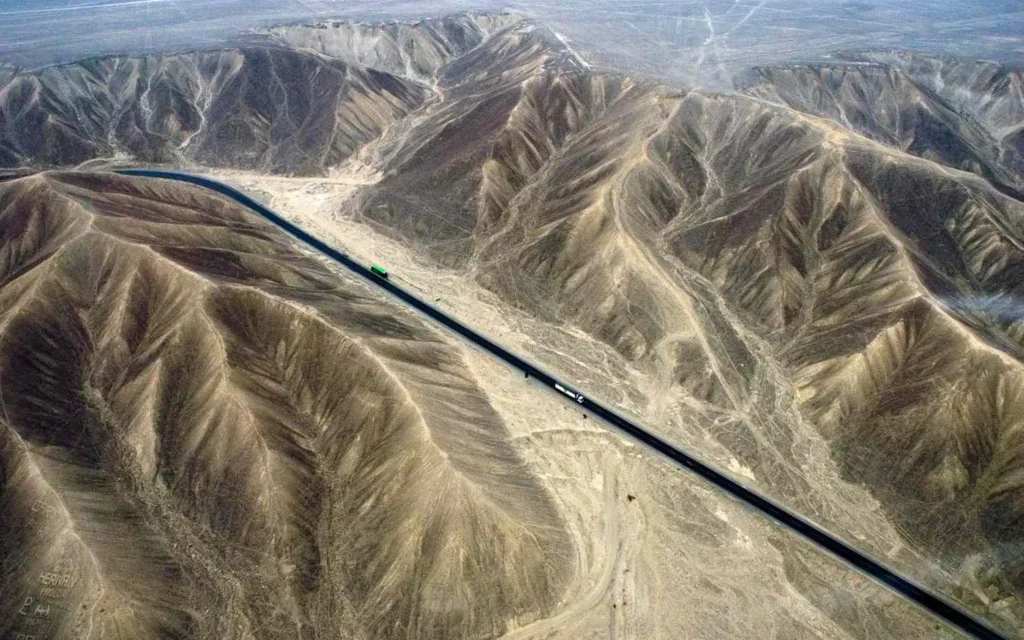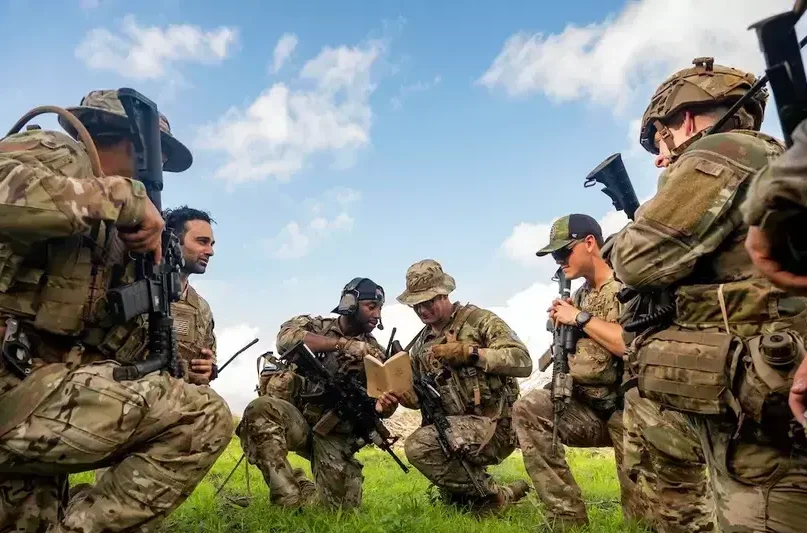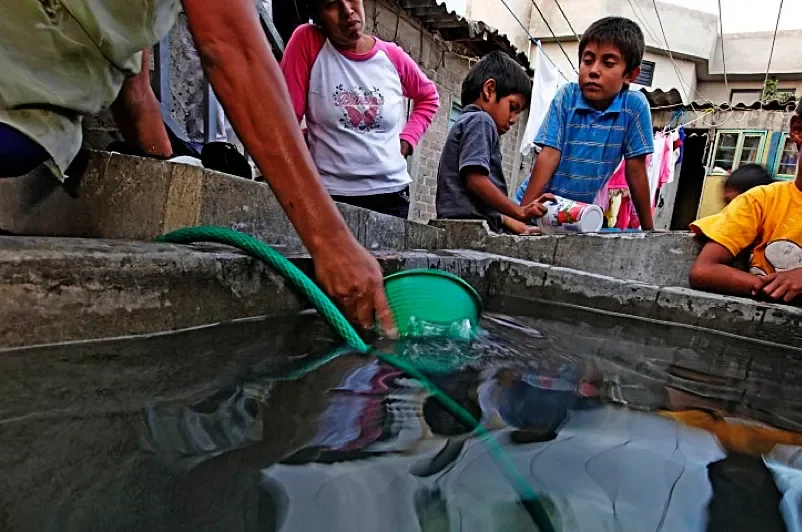Electoral Battle in the South: Argentina’s Presidential Candidates
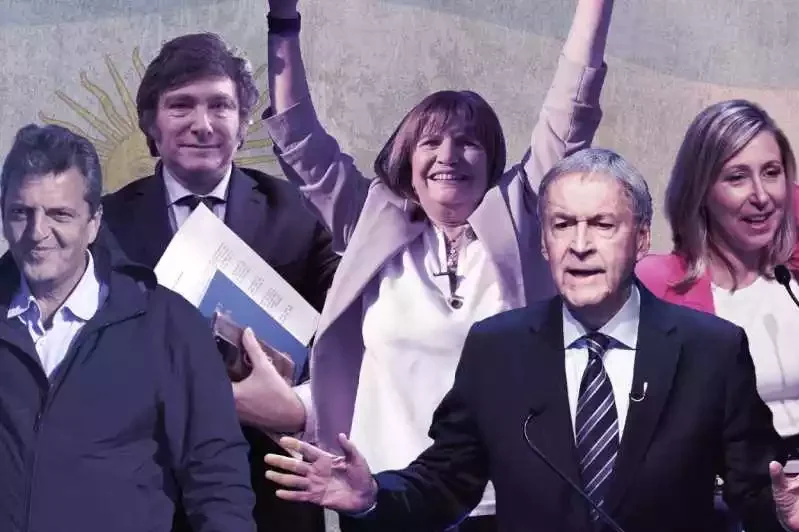
Next Sunday, October 22, Argentina’s presidential candidates will determine part of the future of this nation.
Although experts estimate that there is no overwhelming difference between the top two contenders, Argentina’s presidential candidates will engage in a contest marked by class struggle and ideologies.
To win the first round in Argentina, a candidate must receive 45% of the votes or 40% with a 10% lead over the second candidate. If no candidate achieves this, the top two vote-getters will face a runoff on November 19.
The leading candidates for the Presidency of Argentina are as follows:
The first of them, and the favorite among Argentina’s presidential candidates according to polls, is Javier Milei, the eccentric far-right figure.
Javier Milei is a 52-year-old economist and congressman running for the Argentine presidency on behalf of the coalition “La Libertad Avanza.”
Milei, who was known a few years ago for his work as a television theater commentator, has risen to the forefront of most polls. Since 2021, he has been a deputy for the City of Buenos Aires and has become the main voice of the far-right in Argentina.
His most notable proposal is dollarization; the far-right candidate suggests eliminating the Argentine peso and replacing it with the U.S. dollar while closing the Central Bank.
Next in line is Sergio Massa, the current Minister of Economy, which doesn’t help him much given the troubled situation in the country.
He is a 51-year-old lawyer running for the Presidency to continue the rule of the ruling peronist coalition that came to power in 2019 under the name “Frente de Todos.”
He served as a deputy for the Buenos Aires province and, after the 2001 crisis, joined Eduardo Duhalde’s government, where he oversaw the National Social Security Administration.
In 2007, he became the mayor of Tigre, and six years later, with his own party, the “Frente Renovador,” he ran for deputy and easily outperformed the first official candidate.
In 2015, he competed in the presidential elections but finished third, behind Daniel Scioli and the winner, Mauricio Macri.
In 2019, he joined the “Frente de Todos” in an election won by Alberto Fernández, and he has been the Minister of Economy since then.
Next on the list is Patricia Bullrich, a 67-year-old political scientist who served as a minister during the administration of conservative President Mauricio Macri (2015-2019).
She began her political activity as a teenager, being part of the Peronist Youth. Another candidate for the presidency of Argentina is Juan Schiaretti, a more moderate peronist.
He is 74 years old, the governor of the powerful province of Córdoba, and is facing his first national candidacy representing a dissident faction of the ruling peronist coalition that has split from the main party.
Schiaretti boasts about his local experience in managing public finances, and his coalition “Hacemos por Nuestro País” received only 3.8% of the votes in the August primaries.
This candidate believes that social justice is “the foundation of all public action.“
Also among the presidential candidates in Argentina is Myriam Bregman, a human rights and feminism activist.
Representing the “Frente de Izquierda y de Trabajadores-Unidad” (FIT) movement, she is 51 years old and a national deputy for Buenos Aires.
This candidate proposes a “minimum wage equal to the cost of the basic family basket,” as indicated in her party’s document.
Also read: Independent Workers in Mexico Can Join IMSS.

